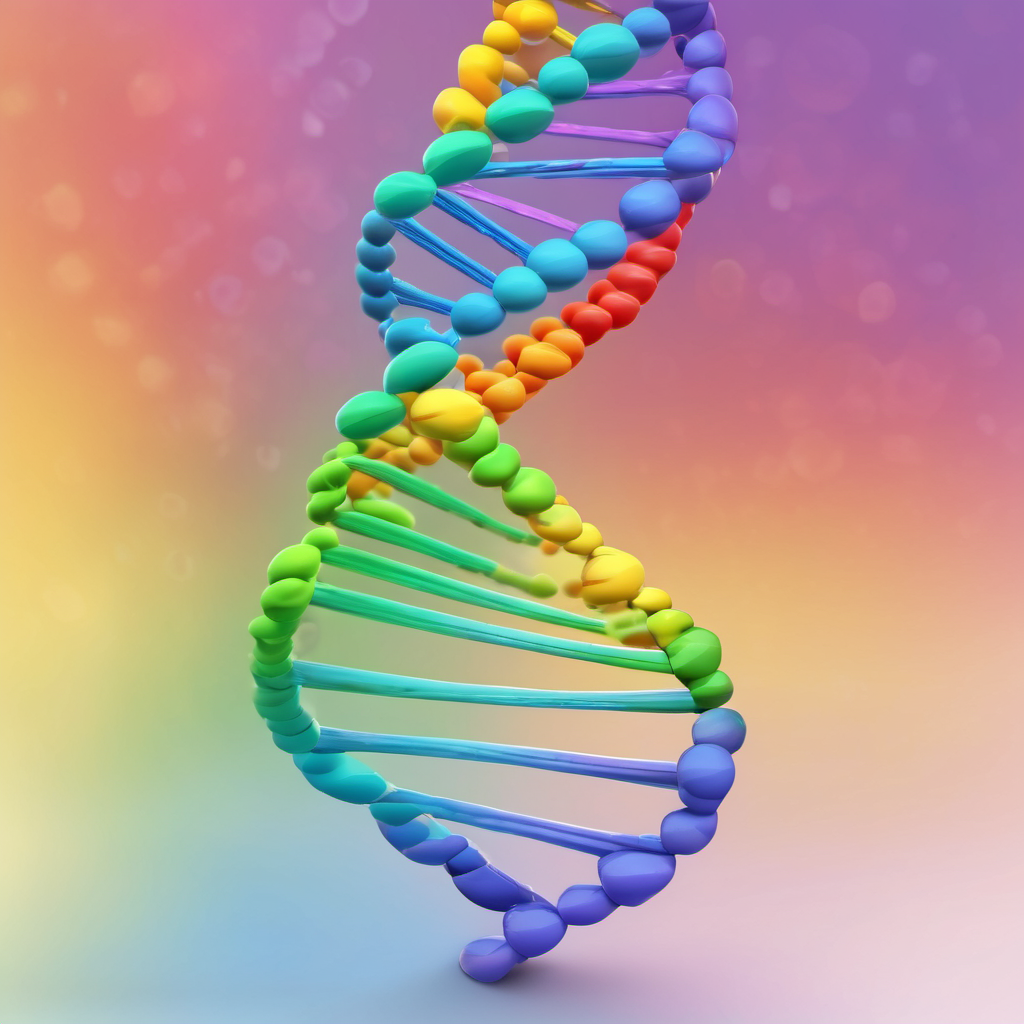As we celebrate Pride Month, it’s a time to reflect on the progress made toward LGBTQ+ rights and equality, while also acknowledging the work still to be done. This month is not only a celebration of love and diversity but also an opportunity to explore the intricate tapestry of what makes us who we are. One fascinating aspect of this exploration is the intersection of genetics and identity. While genetics plays a significant role in our biological makeup, it also intersects with how we understand and express our identities, including sexual orientation and gender identity.
Genetics and Sexual Orientation
Sexual orientation, the enduring pattern of romantic or sexual attraction to people of the opposite sex, same sex, both, or neither, is a complex trait influenced by a combination of genetic, hormonal, social, and environmental factors. For many years, researchers have sought to understand the genetic underpinnings of sexual orientation. While there is no single that determines sexual orientation, studies have shown that genetics can play a role.
Research has indicated that multiple genes, each with a small effect, along with environmental factors, contribute to the development of sexual orientation. A notable study published in Science in 2019 identified several genetic variants associated with same-sex sexual behavior. This study, involving nearly half a million participants, found that these genetic variants accounted for 8-25% of the variation in same-sex sexual behavior. However, the study also emphasized that genetics is just one piece of the puzzle, and sexual orientation cannot be predicted or determined solely based on genetic factors.
Genetics and Gender Identity
Gender identity, the personal sense of one’s own gender, which may or may not correspond with the sex assigned at birth, is another area where genetics may play a role. Similar to sexual orientation, gender identity is influenced by a complex interplay of genetic, hormonal, and environmental factors.
Some research suggests that genetic factors could influence gender identity. For instance, studies have found differences in the brain structures of transgender individuals that align more closely with their gender identity rather than their sex assigned at birth. Additionally, there are indications that certain genetic variations might be associated with gender dysphoria, the distress experienced by some individuals whose gender identity does not match their sex assigned at birth.
A 2019 study published in the Journal of Clinical Endocrinology & Metabolism found that transgender women (assigned male at birth, identifying as female) had certain genetic variants more frequently than cisgender men. These findings suggest that genetics may play a role in gender identity, although much more research is needed to fully understand these relationships.
The Importance of Genetics in LGBTQ+ Health
Understanding the genetic components of sexual orientation and gender identity can have significant implications for the health and well-being of LGBTQ+ individuals. For instance, recognizing the biological underpinnings of these identities can help reduce stigma and promote acceptance. It reinforces the idea that being LGBTQ+ is a natural variation of human diversity rather than a choice or a lifestyle.
Moreover, genetics can play a crucial role in personalized medicine for LGBTQ+ individuals. Certain genetic variants are associated with health risks that may be more prevalent or present differently in LGBTQ+ populations. For example, research has shown that transgender individuals might have different health risks related to hormone replacement therapy, and understanding the genetic factors involved can help tailor medical care to their needs.
Celebrating Diversity Through Science
Pride Month is a celebration of diversity, resilience, and the ongoing fight for equality. Science, particularly genetics, can play a crucial role in this celebration by highlighting the biological diversity within the human population. It reminds us that diversity in sexual orientation and gender identity is a natural part of human existence.
Embracing the findings from genetic research can help foster a more inclusive society. It can aid in the development of policies and healthcare practices that are sensitive to the needs of LGBTQ+ individuals. Additionally, it can contribute to educational efforts that promote understanding and acceptance of LGBTQ+ identities.
Looking to the Future
As we move forward, it is essential to continue supporting research into the genetics of sexual orientation and gender identity. Such research can provide valuable insights into the biological aspects of these identities, contributing to a broader understanding of human diversity. However, it is crucial to approach this research with sensitivity and respect for the individuals and communities involved. Genetic research should never be used to discriminate or stigmatize but rather to celebrate and support the diversity of human experiences.
In conclusion, Pride Month is an opportune time to celebrate the rich tapestry of human diversity, including the roles that genetics play in shaping our identities. By embracing scientific discoveries and promoting inclusivity, we can continue to build a world where everyone is free to be their true selves, supported by a society that values and understands the complexities of human identity.
The team at Chicago Genetic Consultants welcomes any questions about genetic testing, so please contact us with any questions!







